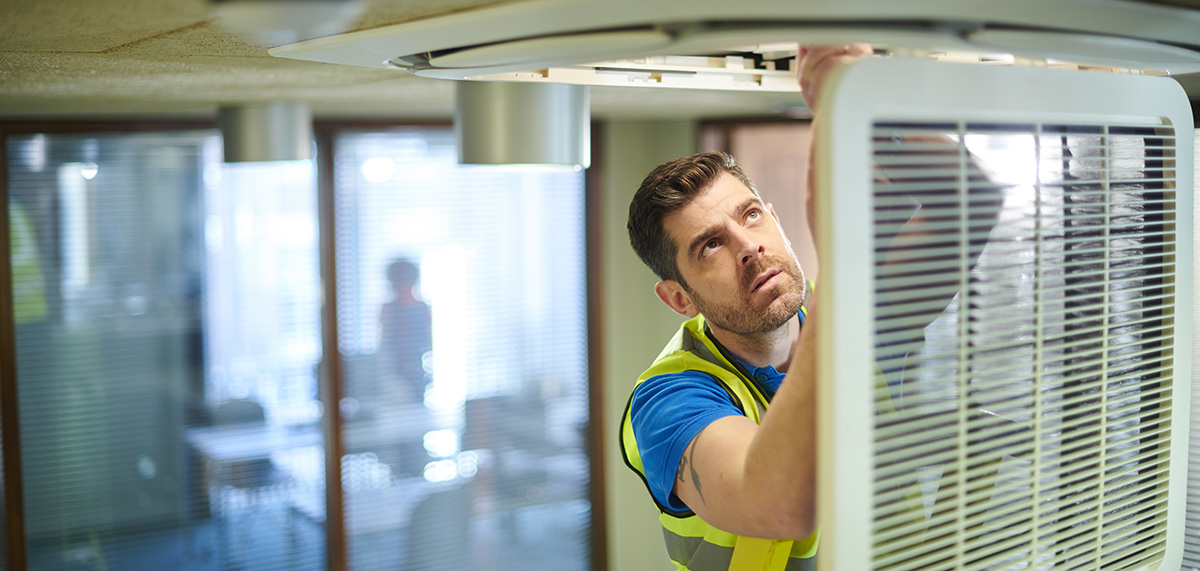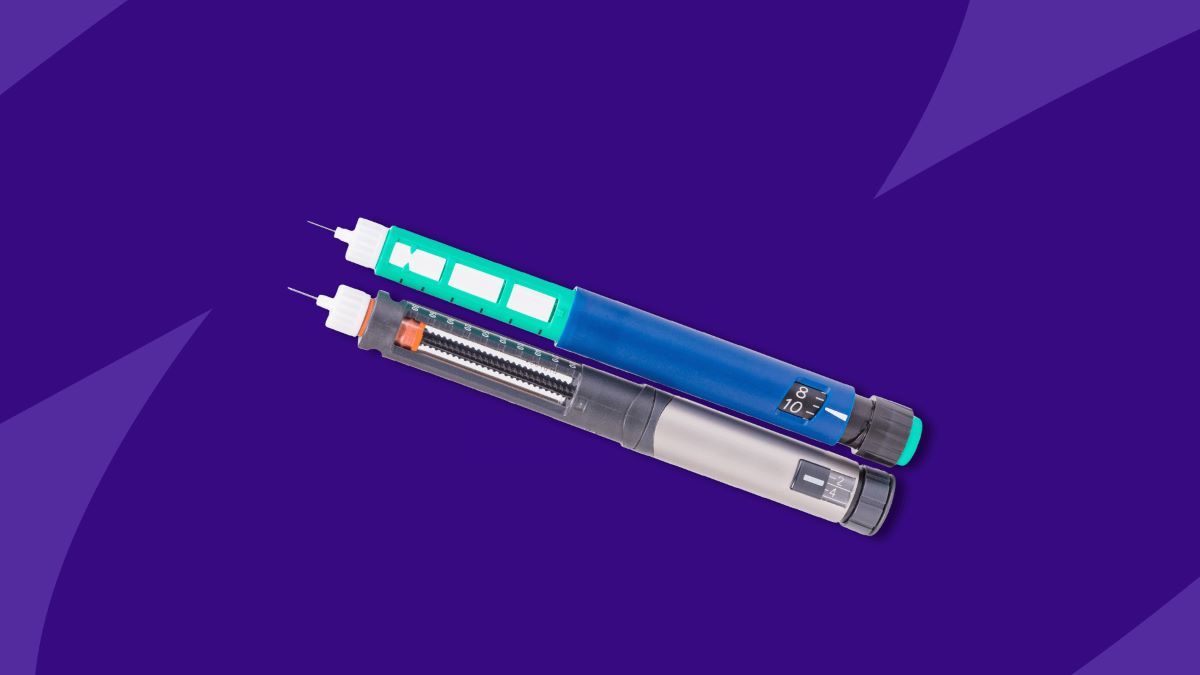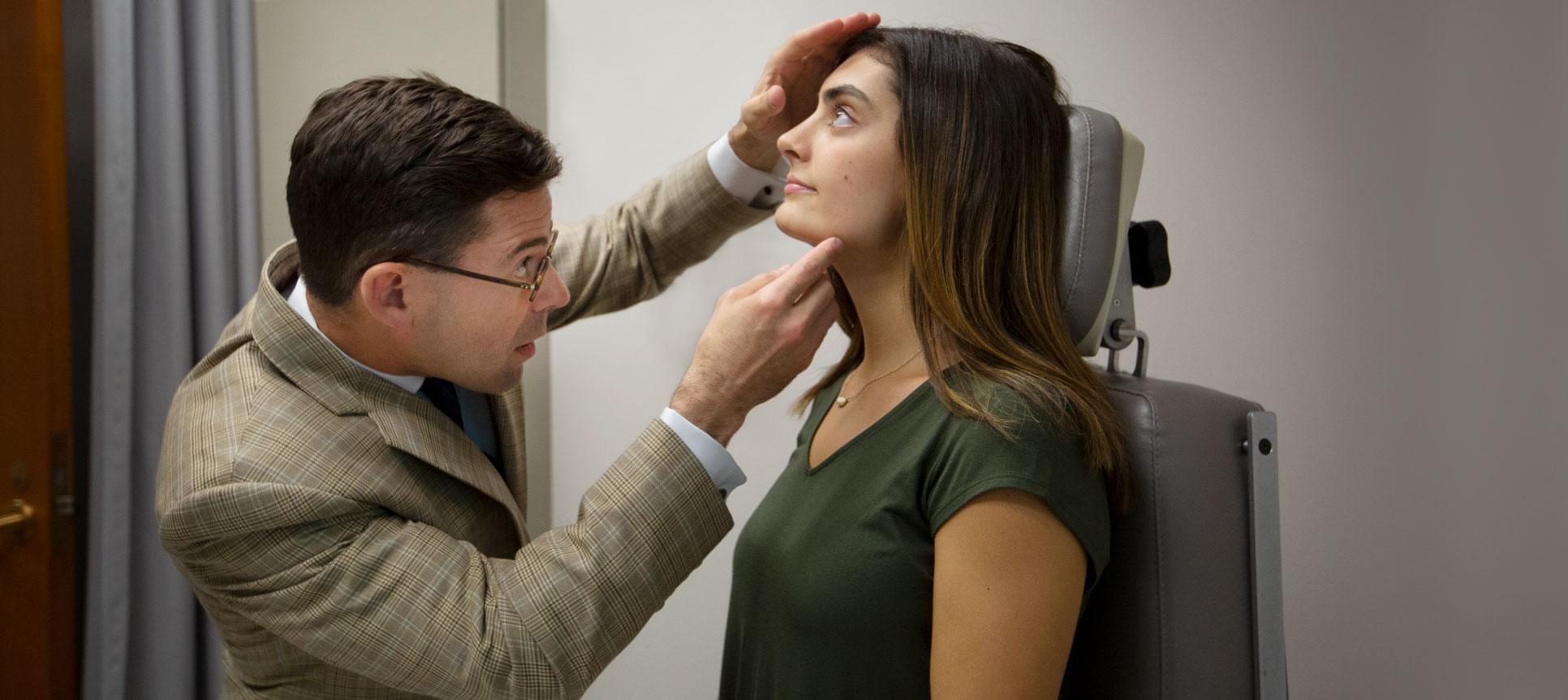

Finance
How To Get Insurance To Cover AC Unit
Published: November 19, 2023
Looking for ways to get insurance coverage for your AC unit? Find out how to finance your HVAC system and save money on repairs and replacements.
(Many of the links in this article redirect to a specific reviewed product. Your purchase of these products through affiliate links helps to generate commission for LiveWell, at no extra cost. Learn more)
Table of Contents
Introduction
Welcome to the world of homeowners insurance, where protection and peace of mind go hand in hand. As a homeowner, you understand the importance of safeguarding your property from unforeseen events. While homeowners insurance provides coverage for various aspects of your home, one critical area that often raises questions is whether your insurance policy covers your air conditioning (AC) unit.
When the sweltering heat of summer hits, a malfunctioning or damaged AC unit can quickly become a homeowner’s worst nightmare. Not only does it affect your comfort, but it can also lead to costly repairs or replacements. That’s why it’s essential to understand the ins and outs of insurance coverage for your AC unit and how to ensure you have the protection you need.
In this comprehensive guide, we will dive into the world of homeowners insurance and explore the coverage options available for your AC unit. We will discuss the different types of coverage, the factors that can affect coverage, and provide tips on how to maximize your chances of getting insurance to cover your AC unit. So, sit back, relax, and let’s explore the world of insurance coverage for your valuable AC unit.
Understanding Homeowners Insurance
Before delving into the specifics of coverage for your air conditioning unit, it’s important to have a solid understanding of homeowners insurance as a whole. Homeowners insurance is a type of property insurance that provides financial protection to homeowners in the event of damage or loss to their property. It typically covers the structure of the home, personal belongings, and liability for any accidents that may occur on the property.
Homeowners insurance policies vary, and the coverage can differ depending on the insurance provider and the specific policy you choose. However, most standard homeowners insurance policies cover common perils such as fire, theft, vandalism, and certain natural disasters. Additional coverage options are often available for specific risks, such as floods or earthquakes, but they may require separate policies or endorsements.
When it comes to insuring your AC unit, it’s important to understand that not all aspects of your home will receive the same level of coverage. Certain items, such as detached structures, may require additional coverage or be subject to specific limits. This brings us to the topic of coverage for your air conditioning unit and how it fits within your homeowners insurance policy.
It’s essential to review the terms and conditions of your homeowners insurance policy to determine the level of coverage provided for your AC unit. Some policies may provide coverage for your AC unit as part of the overall coverage for the structure of your home. However, not all policies have this inclusion, and you may need to explore additional coverage options to protect your AC unit adequately.
Now that we have a general understanding of homeowners insurance, let’s dive into the specific coverage options available for your air conditioning unit.
Coverage for Air Conditioning Units
When it comes to coverage for air conditioning units, homeowners insurance policies typically fall into two categories: named perils and all-risk (open perils) policies.
Named perils policies specifically list the perils or risks that are covered, such as fire, theft, or vandalism. If your AC unit incurs damage or loss due to a named peril, your insurance policy will typically provide coverage for repairs or replacement, up to your policy limits.
All-risk policies, on the other hand, provide coverage for any risks or perils that are not explicitly excluded from the policy. This means that unless a specific exclusion applies, your AC unit will be covered for most types of damage or loss. However, it’s important to carefully review the terms and conditions of your policy to understand any exclusions that may apply, as they can vary depending on your insurance provider and policy.
In addition to the type of policy you have, the coverage for your air conditioning unit may also depend on whether it is considered part of the structure or personal property of your home. If your AC unit is permanently installed in your home and connected to the central cooling system, it is typically considered part of the structure. In this case, it will be covered under the dwelling coverage portion of your homeowners insurance.
However, if your AC unit is a standalone, portable unit or window unit, it may be classified as personal property. In this case, coverage for your AC unit would fall under the personal property coverage portion of your homeowners insurance. It’s important to note that personal property coverage often has sub-limits for certain categories, such as electronics or appliances, so be sure to review your policy to understand the limits that apply to your AC unit.
It’s worth mentioning that certain perils, such as wear and tear or mechanical breakdown, are typically not covered by homeowners insurance policies. If your AC unit fails due to normal wear and tear or a mechanical issue, you may need to explore other options, such as a home warranty or separate equipment breakdown coverage.
Now that we’ve explored the types of coverage available for your air conditioning unit, let’s dive into the factors that can affect the coverage and how to ensure you have the protection you need.
Types of Coverage
When it comes to coverage for your air conditioning unit, homeowners insurance policies offer various types of coverage options. Let’s explore some of the common types of coverage you may encounter:
- Dwelling Coverage: This type of coverage protects the physical structure of your home, including permanently installed components such as your AC unit. If your AC unit is damaged or destroyed due to a covered peril, dwelling coverage can provide the funds needed to repair or replace it.
- Personal Property Coverage: Personal property coverage protects your belongings, including portable or window AC units. If your AC unit is classified as personal property and is damaged or stolen, this coverage can help reimburse you for the cost of repairs or replacement.
- Additional Coverage: Some insurance companies offer additional coverage options specifically designed for AC units. This optional coverage can provide additional protection beyond what is offered by standard homeowners insurance policies. It’s worth checking with your insurance provider if they offer such coverage and what it entails.
- Equipment Breakdown Coverage: While not typically included in standard homeowners insurance policies, equipment breakdown coverage can be added as an endorsement or separate policy. This coverage specifically protects your AC unit and other home appliances from mechanical or electrical breakdowns, regardless of the cause. It can cover the cost of repairs or replacement if your AC unit malfunctions due to internal issues.
- Optional Coverages: Depending on your insurance provider, there may be additional optional coverages that you can add to your homeowners insurance policy to enhance your AC unit’s protection. These may include coverage for power surges, natural disasters, or even coverage for the spoilage of refrigerated items in the event of an AC unit failure.
It’s important to carefully review your homeowners insurance policy and discuss coverage options with your insurance provider to determine the types of coverage that are available to you. Keep in mind that coverage options can vary depending on your location and the insurance company you choose.
Now that we’ve explored the types of coverage available for your air conditioning unit, let’s move on to discussing the factors that can affect your coverage and how to maximize your chances of getting insurance to cover your AC unit.
Factors that Affect Coverage
When it comes to insurance coverage for your air conditioning unit, several factors can impact the level of protection you receive. Understanding these factors will help you navigate the insurance landscape and ensure you have the coverage you need. Let’s explore the key factors that can affect coverage:
- Type of Insurance Policy: The type of homeowners insurance policy you have will significantly impact the coverage for your AC unit. As mentioned earlier, named perils policies specifically list the perils covered, while all-risk policies provide coverage for any risks not excluded. Review your policy to understand how your AC unit is covered.
- Type of AC Unit: The type and age of your AC unit can also affect coverage. Newer, well-maintained units are often easier to insure compared to older units that may be at a higher risk of malfunction or breakdown. Some insurance providers may have specific guidelines or requirements for insuring certain types of AC units.
- Condition and Maintenance: Insurance providers may consider the condition and maintenance of your AC unit when determining coverage. Regular maintenance and upkeep can demonstrate that you are taking steps to mitigate risks and may increase your chances of getting coverage for potential damages.
- Location: The location of your home can impact insurance coverage as well. If you live in an area prone to natural disasters, such as hurricanes, tornadoes, or wildfires, you may need to purchase additional coverage or have specific exclusions related to those perils. Similarly, if you live in an area with high humidity, insurance providers may be concerned about the risk of mold growth in your AC unit.
- Insurance Provider: Different insurance providers have varying guidelines and policies regarding AC unit coverage. It’s essential to research and compare insurance companies to find one that offers the coverage options you need for your AC unit at a price that fits your budget.
It’s important to keep in mind that each insurance provider and policy can have different considerations when determining coverage for your AC unit. Always review your policy and discuss any questions or concerns with your insurance provider to ensure you have a clear understanding of the factors that may impact your coverage.
Now that we understand the factors that can affect coverage, let’s explore some tips on how to maximize your chances of getting insurance to cover your air conditioning unit.
Tips for Getting Insurance to Cover AC Unit
While insuring your air conditioning unit may seem like a daunting task, there are several steps you can take to maximize your chances of getting insurance coverage. Here are some helpful tips to help you navigate the process:
- Review Your Policy: Start by carefully reviewing your homeowners insurance policy to understand the coverage options available for your AC unit. Take note of any exclusions, sub-limits, or additional coverage options that may be applicable.
- Maintain Proper Documentation: Keep thorough documentation of your AC unit, including receipts, repair records, and maintenance logs. This documentation can serve as evidence of your unit’s value and its proper maintenance, making it easier to prove eligibility for coverage if a claim arises.
- Invest in Regular Maintenance: Regularly maintain your AC unit by scheduling professional inspections and servicing. Keeping a record of these maintenance activities can demonstrate to your insurance provider that you are taking proactive steps to prevent damage or breakdown, potentially increasing your chances of coverage.
- Upgrade for Energy Efficiency: Consider upgrading your AC unit to a more energy-efficient model. The improved efficiency can not only lower your energy bills but also make your unit more insurable. Insurance providers often look favorably upon energy-efficient appliances and may provide better coverage options for these units.
- Choose a Reputable Insurance Provider: Research and compare insurance providers to find one that offers comprehensive coverage for your AC unit. Look for providers with a strong reputation and positive customer reviews, as they are more likely to have experience and knowledge of insuring AC units.
- Ask about Additional Coverage: Inquire with your insurance provider about any additional coverage options specifically designed for AC units. These optional coverages may provide additional protection beyond what is offered by your standard policy.
- Consider Equipment Breakdown Coverage: If your homeowners insurance policy does not cover mechanical breakdowns of your AC unit, consider adding equipment breakdown coverage as an endorsement or separate policy. This coverage is specifically designed to protect appliances, including your AC unit, from unexpected mechanical failures.
- Bundle Policies: Some insurance providers offer discounts when you bundle multiple policies together, such as homeowners and auto insurance. Bundling your policies can not only save you money but also make it easier to manage your insurance coverage.
Remember, each insurance company may have its own requirements and guidelines for insuring air conditioning units. It’s important to discuss your specific needs and circumstances with your insurance provider to ensure you have adequate coverage for your AC unit.
Now that you are equipped with these tips, you can confidently navigate the insurance process and increase your chances of getting insurance coverage for your air conditioning unit.
Maintaining Documentation
When it comes to insuring your air conditioning unit, maintaining proper documentation is essential to ensure a smooth and hassle-free claims process. Thorough documentation not only helps prove the value of your AC unit but also supports your case for insurance coverage. Here are some key documents to keep on hand:
- Receipts: Keep receipts from the purchase of your AC unit and any subsequent upgrades or repairs. These receipts serve as proof of the unit’s value and can help determine the coverage amount you should receive in the event of a claim.
- Warranty Information: If your AC unit is still under warranty, keep a copy of the warranty documentation. This will not only provide information about the coverage provided by the manufacturer but also indicate that the unit is well-maintained, as regular maintenance is often a requirement for warranty coverage.
- Repair Records: Maintain a record of any repairs done to your AC unit, including the dates, details of the repairs, and the name and contact information of the repair technician or company. These records demonstrate that the unit has been properly maintained and serviced, increasing your chances of coverage in the event of a breakdown or damage.
- Maintenance Logs: Create a log that documents the regular maintenance activities performed on your AC unit. Include information such as the dates of maintenance, the tasks performed, and any recommended repairs or replacements. This log serves as evidence that you have taken proactive steps to care for your AC unit, improving your case for coverage.
- Photographs or Videos: Take clear and detailed photographs or videos of your AC unit, both inside and outside. These visual records provide a visual representation of the condition of your unit and can be invaluable in the event of damage or loss.
- Communications with Your Insurance Provider: Keep records of any communications you have with your insurance provider regarding your AC unit. This includes emails, letters, or any documentation of conversations. These records help ensure you have a clear understanding of your coverage and can be referenced if any issues or disputes arise.
By maintaining thorough and up-to-date documentation, you can streamline the insurance claiming process and provide the necessary evidence to support your case for coverage. Make sure to keep these documents in a safe and easily accessible place, such as a file folder or digital storage system.
Remember, documentation is crucial in proving the value and condition of your AC unit, so don’t overlook its importance. In the unfortunate event of a breakdown, damage, or loss, having proper documentation can make all the difference in getting the insurance coverage you need for your air conditioning unit.
Filing a Claim
In the unfortunate event that your air conditioning unit is damaged, stolen, or malfunctions, you may need to file a claim with your insurance provider to seek coverage. Here are some important steps to follow when filing a claim:
- Contact Your Insurance Provider: As soon as you discover the damage or loss, contact your insurance provider to report the incident and initiate the claims process. Provide them with all the necessary details, such as the date of the incident, a description of what happened, and any supporting documentation you have.
- Gather Documentation: Gather all the relevant documentation related to your air conditioning unit, including receipts, repair records, maintenance logs, and photographs or videos. These documents will support your claim and help determine the appropriate coverage.
- Follow Instructions: Your insurance provider will provide you with specific instructions on how to proceed with the claim. Follow these instructions carefully and provide all the requested information promptly. This will streamline the process and help avoid any unnecessary delays.
- Cooperate with the Claims Adjuster: Your insurance provider may send a claims adjuster to assess the damage or loss. Cooperate fully with the adjuster, providing them with any additional information or documentation they may need. Be honest and accurate in your communication to ensure a fair assessment of your claim.
- Document the Loss: If possible, take photographs or videos of the damage to your air conditioning unit as evidence. This can help support your claim and provide visual documentation for your insurance provider.
- Keep Records: Throughout the claims process, keep detailed records of all your communication with your insurance provider, including emails, letters, and notes from phone conversations. This will help you stay organized and provide a record of any agreements or promises made during the claims process.
- Follow Up: If there are any delays or issues with your claim, don’t hesitate to follow up with your insurance provider. Contact them to inquire about the status of your claim and request updates on the progress. Stay proactive and persistent in ensuring your claim is processed in a timely manner.
- Appeal, if Necessary: If your claim is denied or you disagree with the settlement offer, you have the right to appeal the decision. Contact your insurance provider to understand the appeal process and submit any additional documentation or information that supports your case. Consider seeking legal advice if you believe you are not being treated fairly.
Filing a claim can be a complex process, but by following these steps and staying organized, you can increase your chances of a successful claim and receive the coverage you need for your air conditioning unit.
Remember, each insurance provider may have specific claim procedures and requirements, so be sure to familiarize yourself with your policy’s terms and contact your provider directly for personalized guidance on filing a claim.
Conclusion
Obtaining insurance coverage for your air conditioning unit is crucial for protecting one of the most valuable assets in your home. Understanding your homeowners insurance policy, the types of coverage available, and the factors that can affect coverage is key to ensuring that your AC unit is adequately protected.
By reviewing your policy, maintaining documentation, and taking proactive steps such as regular maintenance, you can increase your chances of getting insurance coverage for your AC unit. Additionally, exploring optional coverages and considering equipment breakdown coverage can provide an extra layer of protection for unexpected mechanical failures.
When it comes time to file a claim, promptly reporting the damage or loss to your insurance provider and providing all the necessary documentation will expedite the claims process. Remember to keep records of all communications and follow up as needed to ensure a fair and timely settlement.
While every insurance policy and provider may have specific guidelines and requirements, by being proactive and prepared, you can navigate the insurance process with confidence and secure the coverage you need for your air conditioning unit.
Now that you have a comprehensive understanding of homeowners insurance coverage for your AC unit, you can make informed decisions, maintain the necessary documentation, and take the necessary steps to protect one of the essential components of your home’s comfort.
Stay proactive, keep your AC unit well-maintained, and review your insurance policy regularly to ensure that your coverage remains suitable for your needs. By following these guidelines, you can enjoy a cool and comfortable home with the peace of mind that comes from knowing your air conditioning unit is protected by insurance.














